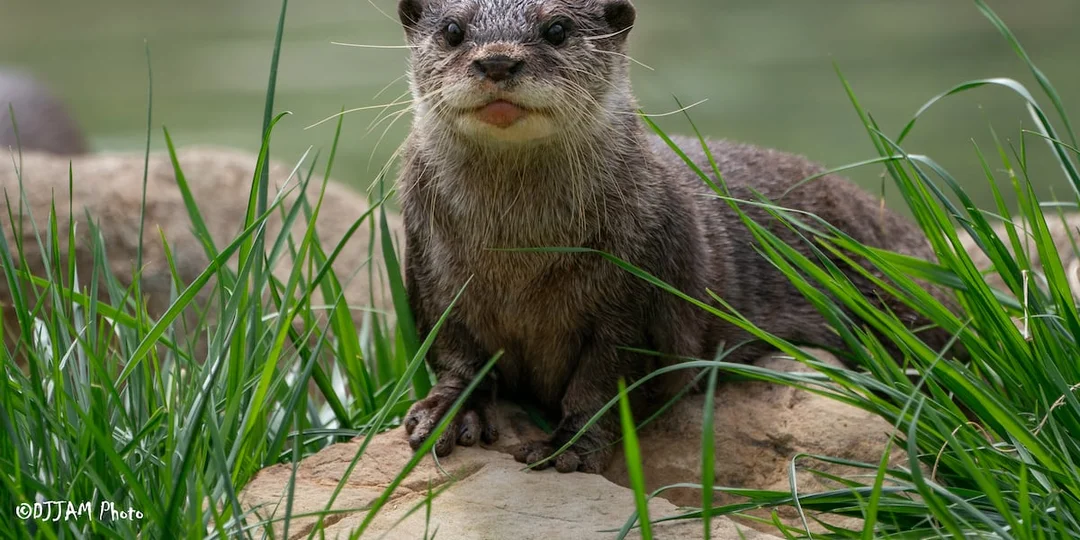
Cincinnati Zoo Welcomes Early Arrival of Adorable Otter Pups
CINCINNATI — The Cincinnati Zoo recently shared exciting news that is creating a ripple of joy among animal lovers. Munti, an Asian small-clawed otter, gave birth to a litter of pups a month earlier than anticipated. This delightful surprise at the zoo highlights the ongoing wonders of wildlife and the critical moments that promise both challenges and joy.
The announcement, made on May 9, came unexpectedly as just days prior, the zoo's care team believed that the pups would not arrive for several more weeks. As described by Angela Hatke, a spokesperson for the zoo, Munti’s behavior changed dramatically in the lead-up to the birth, signaling to the staff that she was preparing for her new role as a mother. "Munti began showing heightened nesting behaviors, leading the care team to prioritize her comfort in her chosen nesting area," explained Victoria McGee, the Zoological Manager of Primates.
As first-time parents, Munti and her partner Flounder face a crucial period ahead. The zoo team has identified a critical three-day window for the pups, a phase that tends to influence their initial survival. The initial reports indicate that the pups are healthy, as evidenced by the lovely "hearty squeaks" being heard from their nesting area. "Hearing those sounds is a great sign!" said McGee, sounding cautiously optimistic.
Asian small-clawed otters are the smallest otter species globally, with newborns roughly the size of chicken nuggets, making this species particularly endearing. Munti, Flounder, and their litter are currently tucked away in their nest, away from public view, as they bond in the safety of their hidden environment. The zoo intends to keep the family off public habitat for approximately eight weeks to ensure they have this essential time together.
The birth of these otter pups is a reminder of the beauty and wonder found in nature, as well as the delicate balance of life. The Cincinnati Zoo's commitment to nurturing these pups reflects the broader care efforts needed to protect such vulnerable species. As we wait for updates on the thriving young otters, we are left with questions about the future of these small creatures: How will they adapt and grow in their secure environment? And what does this mean for the species?
This delightful news from the Cincinnati Zoo invites us all to engage deeper with wildlife conservation. If you have thoughts about otter families or the ongoing efforts to protect our planet’s amazing creatures, we encourage you to share your insights in the comments below. Let’s celebrate these joyous moments together!